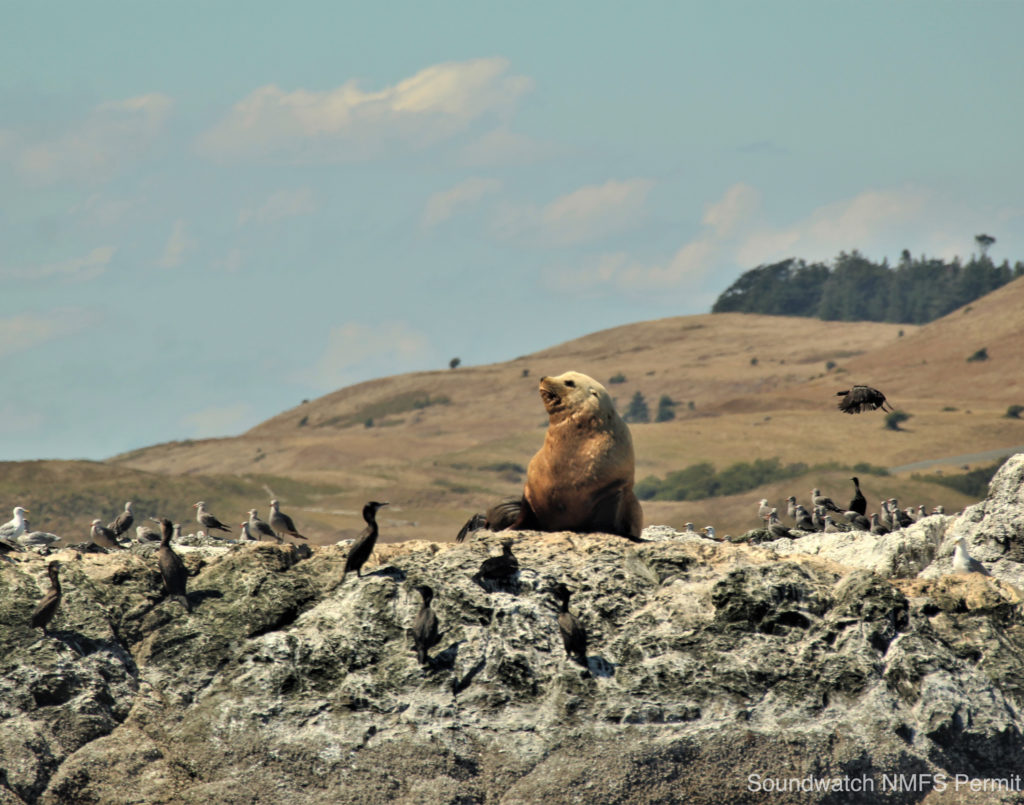General Guidelines
- BE CAUTIOUS AND QUIET when around haul-outs and bird colonies, especially during breeding, nesting and pupping seasons (generally May to September).
- REDUCE SPEED, minimize wake, wash and noise, and then slowly pass without stopping.
- AVOID approaching closer than 100 metres/yards to any marine mammals or birds.
- PAY ATTENTION and move away, slowly and cautiously, at the first sign of disturbance or agitation.
- NEVER approach an animal in distress, including seal pups. Contact your local marine mammal response network to report a sick, stranded, entangled, or dead marine animal.

Canadian Marine Mammal Regulations
The Canadian Marine Mammal Regulations were amended in 2018 and require the following to avoid disturbance to marine mammals. Threatened and endangered species are additionally protected under the Species At Risk Act (SARA).
- Do not approach a marine mammal to feed it, swim/interact with it, move it or entice it to move from its immediate vicinity, separate it from members of its group, or trap it between a vessel and the shore or between a vessel and one or more other vessels.
Share The Shore
Seals and sea lions use shoreline habitat every day to rest and regulate their body temperature. Please share the shore and do not disturb seals and sea lions when they are on land.
- Give animals space. Move away at the first sign of disturbance or agitation. Seals and sea lions on land are easily disturbed and may change position, move away, flee, trample or abandon pups. Repeated interruptions can cause animals to become stressed and may be harmful to their health. Even if you don’t see these reactions, keep yourself a safe distance to make sure you are not disrupting their behavior.
- Be considerate of mothers and pups. Seals and sea lions come ashore to rest, regulate their body temperature, and nurse their young. It is normal for mothers to leave pups behind while they are feeding offshore (up to 24 hours). Keep your distance so mom can return to care for her pup.
- Keep pets away and on a leash. Pets can disturb or harm wildlife, or may separate mothers from their pups. These are wild animals that can injure or spread disease to pets and humans.
- For your safety and the health of the animals, we recommend staying 100 yards away from all marine mammals on shore.
The West Coast provides many opportunities to observe seals and sea lions as they swim, rest, or tend to their young. For your safety and the animals’ health, never approach or interact with a marine mammal. Find a safe distance to view these wild animals. Bring your binoculars and enjoy spotting local seals and sea lions.
All marine mammals are protected under the Marine Mammal Protection Act. It is against the law to feed or harass them, which includes disrupting important behaviors, such as resting, feeding, nursing, or breeding.
View a Public Service Announcement about Sharing the Shore
For more information on sharing the shore with seals and sea lions on the West Coast, please visit the NOAA Fisheries web site.
To report a stranded or injured marine mammal please call 1-866-767-6144.
For more information on the West Coast Marine Mammal Stranding Network and to learn about local groups in your area, click here.
